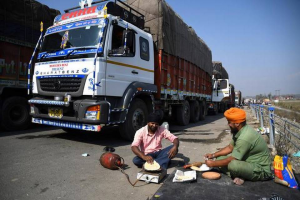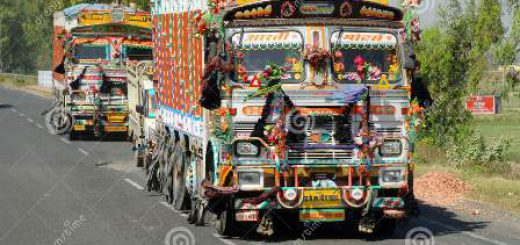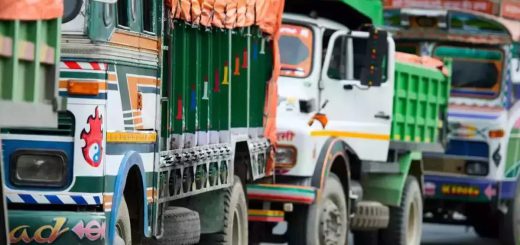Excess vehicle capacity hurting transport line
Speedy project completion, better roadside amenities are a must, say panelists at transport meet
Lack of infrastructure, poor roads, excess vehicle capacity and fluctuating fuel prices are some of the major issues hampering the transport sector, not only in Assam but the entire North-East, said panellists at a discussion as part of the Transporters Meet organised by BusinessLine, in association with Indian Oil Corporation Ltd (IOCL) and Mahindra Small Commercial Vehicles, in the riverine port city of Guwahati, on Friday.
The busy Inland Waterways Transport (IWT) on the Brahmaputra makes the city one of the key logistics hubs in the region, with the truck industry providing the critical last-mile connectivity, they observed.
The event was a first-of-its-kind initiative for the transport sector in the North-East, the panelists noted.
‘Step-motherly treatment’
Transport is a vital driver of the economy but is not considered a major industry, said Pulak Goswami, President, North-East LPG (Bulk) Tank Truck Owners Association. “We are given step-motherly treatment. The public is not sympathetic to us and the government is not supporting us,” he said. “There is zero work for us. If this situation continues, everybody will come to the road.”
Excess vehicle capacity is affecting the transport industry, he further said. Each vehicle costs around ₹35 lakh. If an owner wants to sell the vehicle, he gets a rock-bottom price. Companies should fix a time period to use a vehicle, he added.
Pradip Das, Secretary General, All Assam Motor Transport Association, said Assam is the most neglected part of India. Road conditions are bad and highway construction is progressing at a slow pace, he said, adding: “We have made many representations to the government on this issue, but there is no positive response.”
Roadside amenities
Anjit Bora, Vice-President (North-East), Bus & Car Operators Confederation of India, said four-lane highways should be completed on time and roadside amenities for passengers and drivers need to be provided. Hygienic food should be made available and there should also be ample space for parking luxury buses, said Bora, who is also General Secretary of the Agents and Luxury Bus Owners Association of Assam.
On BS-VI fuel, R Nagarajan, Chief Manager, Retail Sales (HO), IOCL, said: “By February-end, we will reach Assam, and all outlets of the North-East by March 15.”
Quality control
IOCL petrol bunks are automated and the live recording of data is monitored at the head office to detect any issue regarding the fuel’s quality and quantity, he said. “By March-end, we hope to have 100 per cent connectivity so that quality and quantity are maintained,” he said.
Issues such as financing and freight rates were also discussed at the panel discussion moderated by Shishir Sinha, Senior Deputy Editor, BusinessLine.
In his address, Abhijeet Barua, Senior Additional Commissioner of Transport, Assam, said transporters need to avoid overloading of vehicles beyond the axle capacity, especially in hilly terrains, to avoid accidents.
Pabitra Ram Khaund, Director, IWT, Assam, said IWT plays an important part in last-mile connectivity, and is the cheapest and most environment friendly mode of transport in the country. There is a lot of scope and potential to develop this sector, he added.
Source: http://bit.ly/2W2rDgp





Recent Comments